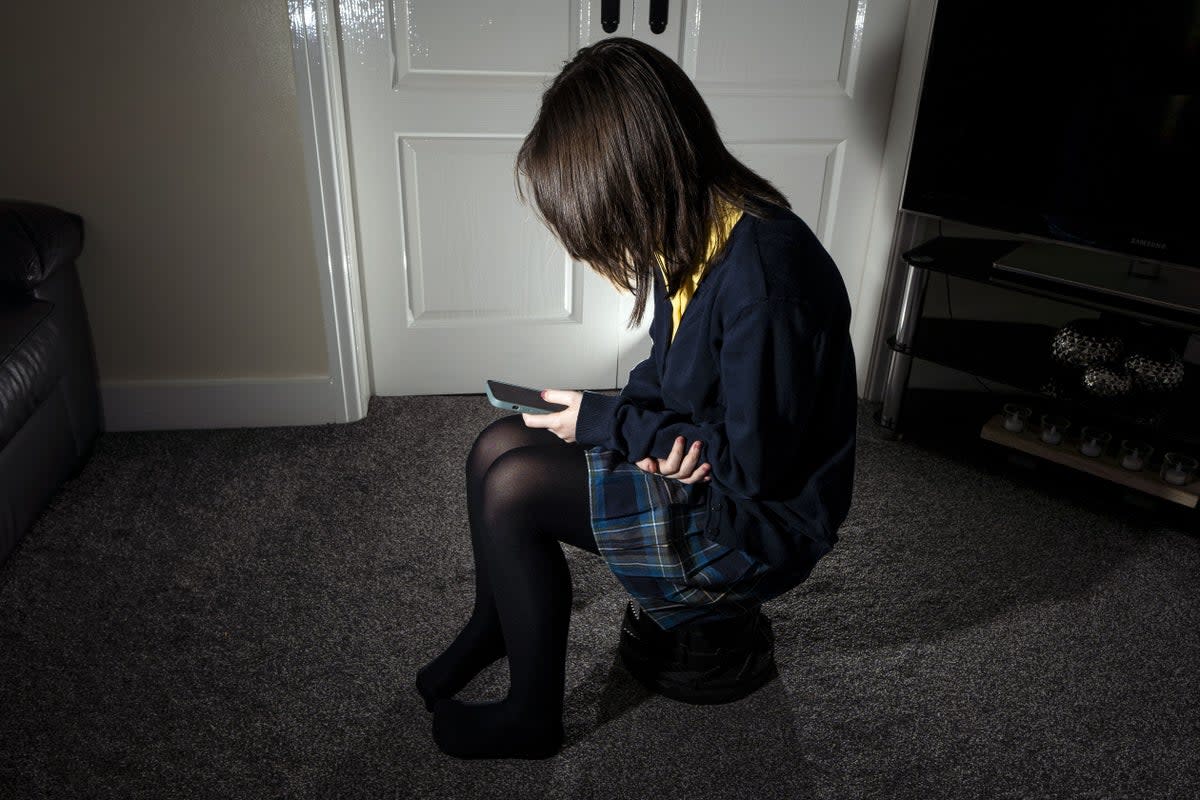What is sadfishing? The latest social trend that could be impacting the mental health of vulnerable people

If you have seen a post on self-worth on social media, you may have already spotted the growing trend that is taking over social media feeds known as sadfishing.
It might be beneficial to look for sincere consolation from your followers on the internet.
However, it becomes a different story when it turns into an obsession that drives constant attention or validation-seeking. But what exactly is sadfishing?
What is sadfishing?
Journalist Rebecca Reid first used the phrase sadfishing in 2019 to describe the practice of posting inflated accounts of one's emotional troubles online in an attempt to attract sympathy and attention.
The term was influenced when it was revealed that Kendall Jenner's emotional post about of her "debilitating" battle with acne was a fake promotional stunt for her collaboration with Proactiv.
Since then, Reid has pointed out in a tweet that the term she coined is now being used to discourage people from being vulnerable online.
Um, I made up the term sadfishing and now I feel really guilty. It was certainly never intended to be used to stop being sharing their feelings online, only to comment on celebrities deliberately withholding information for their own gain. https://t.co/B2KjeGKzJY
— Rebecca Reid (@RebeccaCNReid) October 1, 2019
The term was originally intended to criticise "celebrities deliberately withholding information for their own gain".
Reid wrote: “Lots of us sadfish sometimes, and that’s okay. Attention seeking is a perfectly legitimate thing. There’s nothing wrong with wanting attention."
While Reid used the term to criticise celebrity culture, behavioural specialist and researcher Cara Petrofes explained it as "the tendency of social media users to exaggerate their emotional states to garner sympathy".
In a paper published in the Journal of American College Health, she and her colleagues examined this social media trend and noted how common it was among college students as a "maladaptive" coping mechanism.
Petrofes told Huffington Post: "Our research showed that those who are anxiously attached tend to seek validation through others and need consistent friend activity and a higher number of online/in-person friendships. That can lead to sadfishing."
Being vulnerable online is not the same as sadfishing. Sadfishing could, for instance, entail sharing an experience about heartbreak that is specifically directed towards a recent ex. On the other hand, someone who posts a caption about having depression could be really pleading for help or reaching out to other people who share their struggles.
Research conducted by Digital Awareness UK (DAUK) examined 50,000 youngsters between the ages of 11 and 16 and found that when children use the internet to seek out real support, they are being accused of sadfishing.
One student told researchers that he was struggling at home and that he expressed his emotions to his friends on Instagram. However, he said that his attempt to get help was viewed as an emotional ploy to get attention, according to a Sky News story.
"I got a lot of people commenting on and 'liking' my post but then some people said I was sadfishing the next day at school for attention," the student said.
"Sharing my feelings online has made me feel worse in some ways but supported in others."


